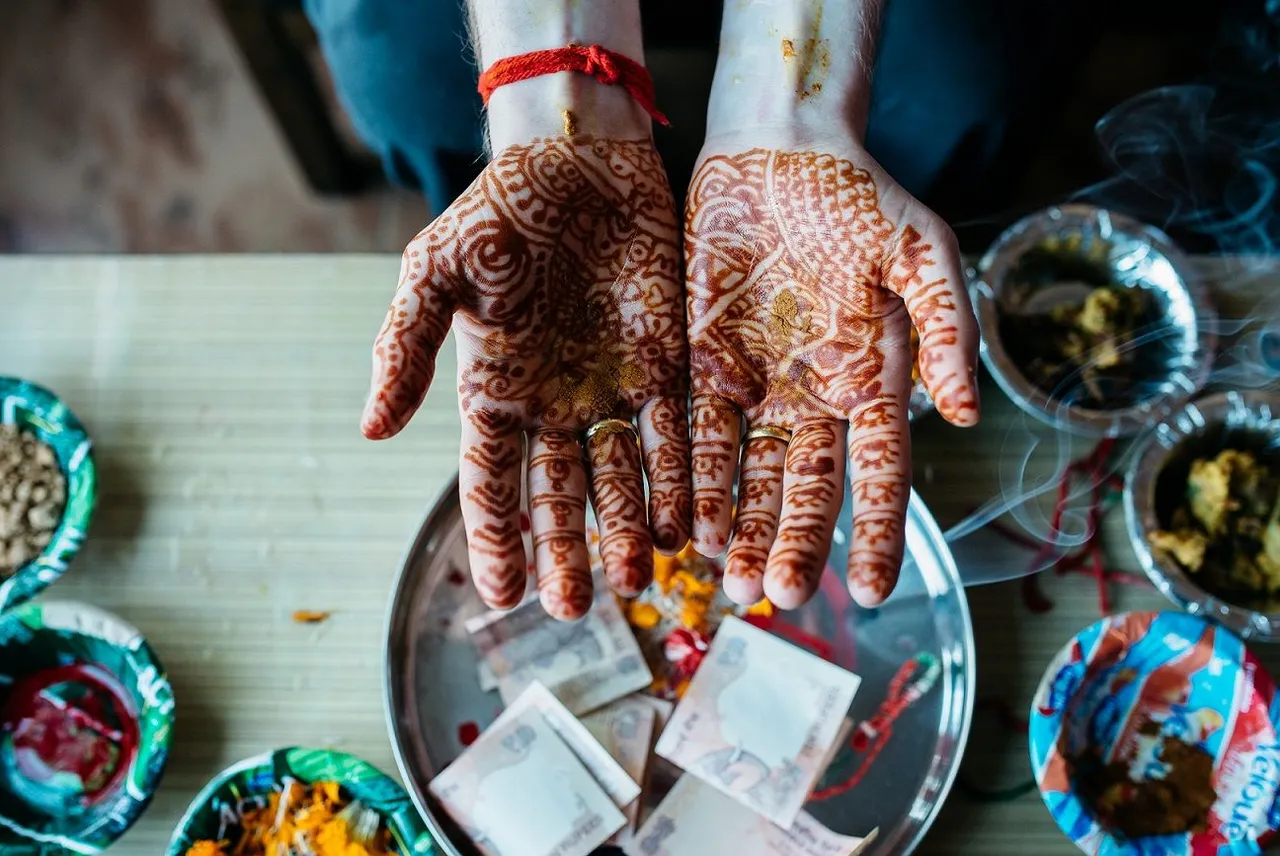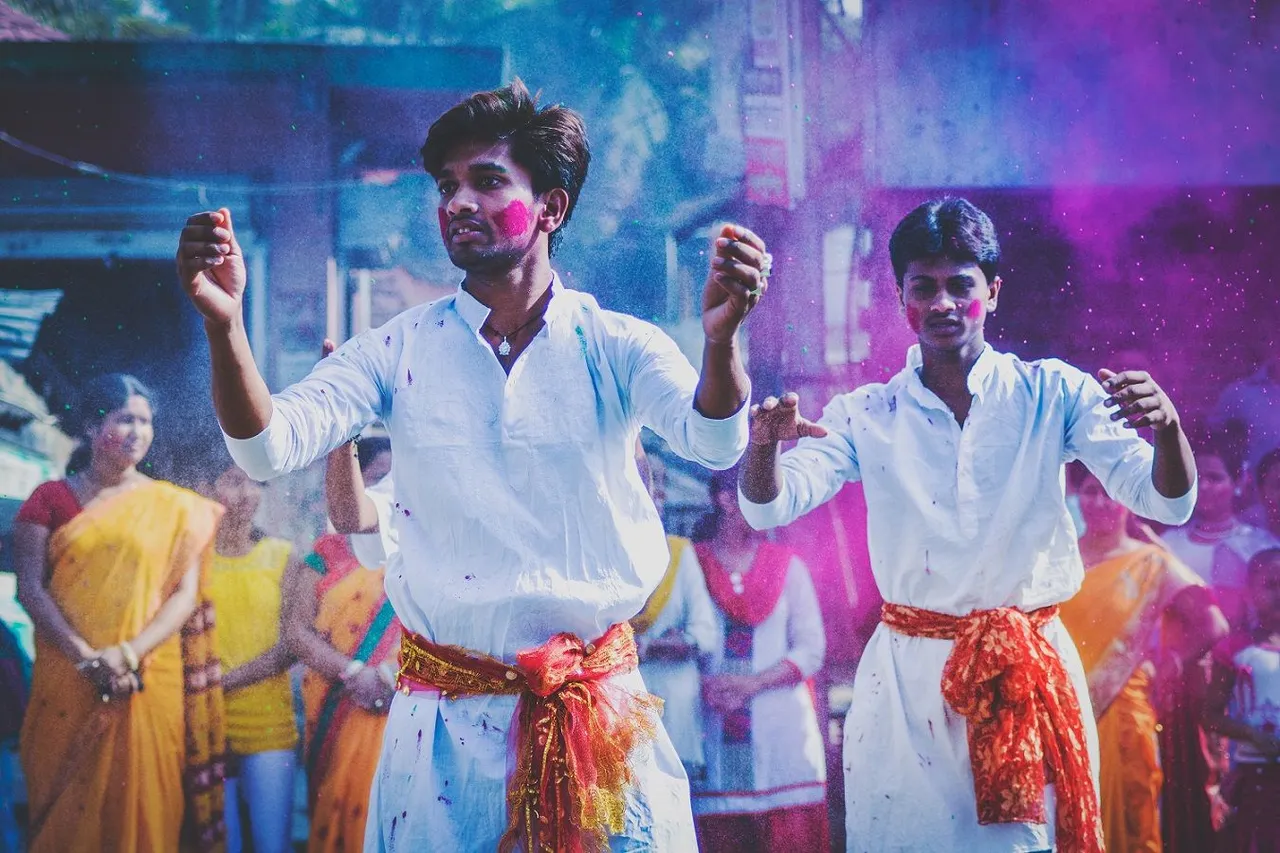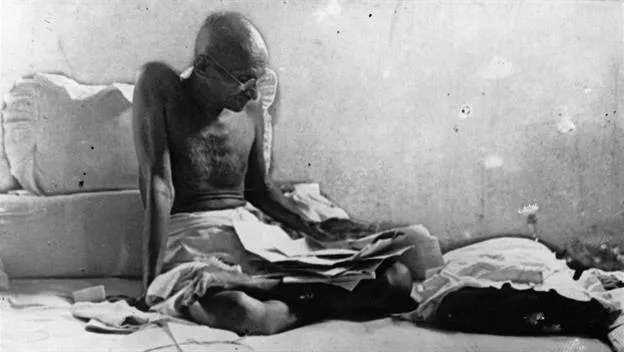
Mohandas Karamchand Gandhi
Respectfully known by the entire world as 'Mahatma Gandhi' is one of the most influential figures of the twentieth century. His preaching, his quotes, his knowledge and wisdom continues to influence world leaders nearly seventy years after his death. Influential men like Martin Luther King Jr. and in the more recent times, former US President Barack Obama, have admitted that their thinking has been heavily influenced by Gandhi’s ideas.
I suppose leadership at one time meant muscles, but today it means getting along with people
He wanted to revolutionize India in so many ways and managed to lay many seeds for others. Amongst all his achievements and gifts to India, one stands above all of them – the path of peace, and the philosophy of 'Ahimsa' or nonviolence. When Gandhi introduced nonviolence to India, the country was undergoing a nationwide independence struggle to free itself from the Britian. However, the struggle was not an organized effort, and much of the heavy lifting was done by the extremists using violence. Gandhi’s idea of India was something radically different.
After spending two decades in South Africa and leading the local community’s struggle for civil rights and discrimination there, he returned to India in 1914. He travelled through the length and breadth of the country, witnessed the sheer scale of poverty, and decided to do something about it. He began by working towards building more schools, improving the conditions of the hospitals, and the social upliftment of the people. Soon, his feats began to get the attention of the British rulers, who promptly put him in jail. This is when Gandhi put his philosophy to the test.
The future depends on what we do in the present
Instead of fighting physically against the British or organizing mass protests, he started fasting. It was his firm belief that his untimely death due to hunger would embarrass the British, who were rallying around presenting themselves as the benevolent overlords to Indians. And they had no choice but to release him from prison. This laid the foundation for his peace movement in India.
He wanted to make it expensive for the British to rule India. He achieved this by boycotting all British-made goods and traditions. When the British tried to hurt the salt-making business by taxing, Gandhi answered by leading a 388km march to a coastal town to produce salt. The march lasted three and a half weeks. News of the march spread like wildfire, both locally and internationally. What began with around 80 people, gathered momentum, and thousands of people joined the march. The British were left so embarrassed by the event that they arrested 60,000 people. On a psychological level, as the historian Louis Fischer notes, 'India was now free'. Events like these continued relentlessly until India finally managed to gain independence from the British in 1947. Gandhi’s dream for India was realized. And Gandhi’s legacy continues to this day.

What Gandhi started wasn’t just an independence movement. He showed India and the world a powerful political tool – nonviolence. Violent strikes, threatening protests, and riots are almost always met with greater violence from the state. Naturally, the state is always stronger and more resourceful. Ergo, instead of achieving any meaningful goal, violence only provokes the more powerful to become more violent. Mahatma demonstrated to us that by dropping your own weapons, you disarm the opponent. The political cost of attacking unarmed citizens is high.
That is how the philosophy of Ahimsa (nonviolence) became ingrained in the collective minds of Indians. Nonviolence has become a way of life for the majority of the Indians. In fact, the philosophy of nonviolence continues to guide even the nation’s global diplomacy. Soon after gaining independence, India became a founding member of the Non-Alignment Movement, an international movement of countries that didn't want to partake in the Cold War.
Be the change that you want to see in this world

The writing on the wall is very clear. Gandhi continues to live in the hearts and minds of Indians (totaling more than a billion) because of his gift of nonviolence to them. In a nonviolent India, the Mahatma is immortal. So Yes, Gandhi succeeded in completely revolutionizing India. And for that he is forever remembered as the “Father of the Nation” by the people he so loved.
Let me know your questions in the comments. Remember! Love your fellow Steemians ♥
← Last post | Next post →